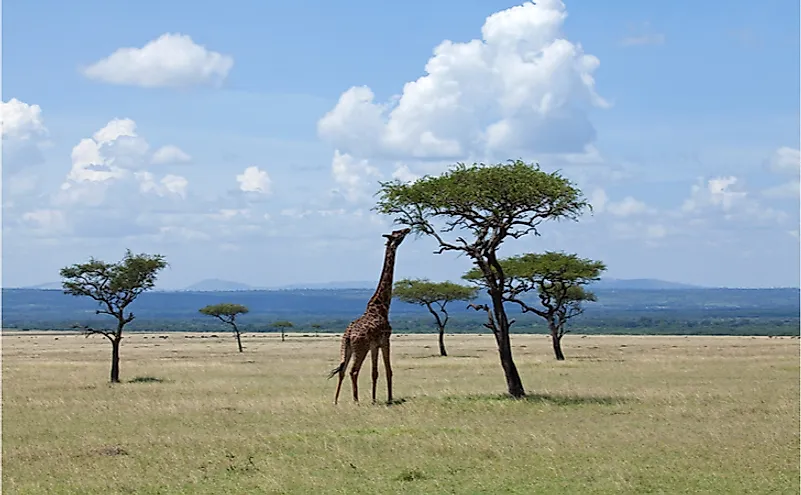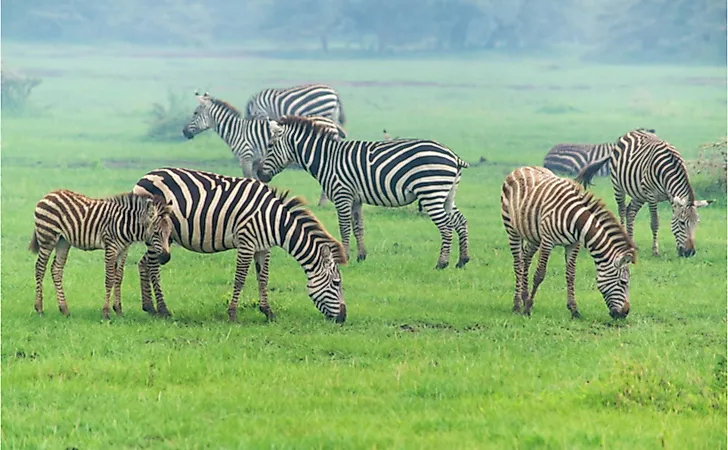What Is The Difference Between Browsing And Grazing?

Grazing and browsing are feeding habits that are common to herbivorous animals. Herbivores are animals that feed only on plant matter. Unlike carnivores, they do not feed on meat. In the ecosystem, the herbivores are usually the highest in number compared to the omnivores and carnivores since they are a source of food to the other animals. The major difference between grazing and browsing is in the type of vegetation that the herbivores feed on.

Definition Of Grazing And Browsing
Grazing refers to the process of animals feeding on the vegetation that grows near the ground such as grass and any other low-growing vegetation. Examples of grazers include sheep, zebra, rabbit, cattle, giant panda, horses, wildebeests, and capybara. Grazers keep plants from growing too much to prevent them from blocking other plants from getting sunlight that is necessary for photosynthesis. An exercise of caution is important in grazing to avoid overgrazing which may result in erosion and desertification.
On the other hand, browsing is the type of feeding whereby herbivores eat high-growing plants such as leaves, the bark of trees, and shrubs among others. Examples of browsers are white-tailed deer, goats, giraffe, Siberian ibex, alpine ibex, and Sulaiman markhor deer, among others. One advantage of the browsers is that they cannot die of hunger during snowy seasons as they can access their food; unlike in the case of grazers where the vegetation may be covered in snow. On the other hand, some grazers may be disadvantaged when the plants grow too tall such that they become inaccessible.
Differences Between Grazing And Browsing
First, grazing relates to the process of animals feeding on low-growing vegetation whereas browsing refers to the process of animals feeding on high-growing plants. Secondly, grazers and browsers are adapted differently for their feeding habits. For instance, grazers have a smaller true stomach compared to the browsers. Additionally, the mouths of the grazers are small and have stiffer lips compared to the browsers whose mouths are wider and have long tongues to reach the high-growing plants.











